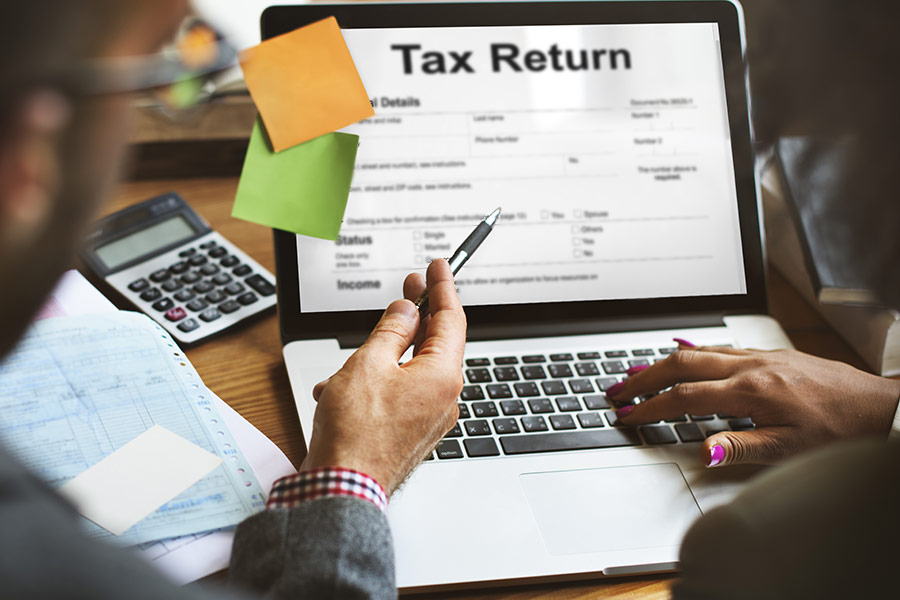Categories
Latest Posts
Tags
Advertising Amazon Amazon Advertising Amazon Experts Amazon Listing Optimization Amazon Marketplace Amazon News Amazon Prime Amazon Professional Sellers Summit Amazon Seller amazon sellers Amazon Seller Tips Amazon Seller Tools ASIN Brand Management Brands Buy Box Campaign Manager Conference COVID-19 downloadable Dynamic Pricing Ecommerce FBA FBM Holiday Season industry news Multi-Channel Fulfillment Optimize pay-per-click Pricing Algorithm Pricing Software Private Label Profits Repricing Repricing Software Revenue Sales Seller Seller-Fulfilled Prime Seller Performance Metrics SEO SKU Sponsored Products Ads Strategy
Get the latest insights right in your inbox
Resource | Blog

Amazon Marketplace Tax & Economic Nexus
A marketplace facilitator is an online marketplace that lists products, collects payment, and/or fulfills orders on behalf of a third-party seller or brand. Amazon is probably the first example that comes to mind just because of its massive online presence. However, other online marketplaces like Walmart, Etsy and eBay are also considered marketplace facilitators.
Recently, several states have created legislation that requires marketplace facilitators to collect and remit sales tax on behalf of their third-party sellers’ transactions, including Oklahoma, Washington, and Pennsylvania. These laws benefit the states because they can collect more sales tax from fewer entities, which results in simpler compliance for the states. For sellers, the benefit lies in having sales tax for certain transactions handled by the facilitator.
The recent Supreme Court case South Dakota v. Wayfair has added a new layer of complexity to Marketplace Facilitator Laws and has left many business owners wondering what they should do to stay in compliance with all of the recent changes to sales tax laws.
Wait, doesn’t Amazon already collect in every state already? Before we begin, it is important to note that Marketplace Facilitator Laws are not to be confused with Amazon remitting and collecting sales tax in every state for their own. Amazon.com collecting sales tax from their buyers on products that they sell directly (i.e. Kindle, Alexa devices, etc.) does not affect third-party sellers and their sales tax requirements.

Avoid Fees With Our Inventory-Aware Price Optimization Platform
Keep your hard-earned profits and avoid inventory-related fees with our new inventory-aware price optimization platform. Try free for 14-days!
Keep Track of Your Economic Nexuses
It can be tempting for an Amazon seller to ignore sales tax and assume that Amazon is handling everything on your behalf. This is a dangerous position, because with increased sales and growth, you could find yourself in hot water with the state. As the business owner, you should always keep track of your economic activity across every channel where you sell. Amazon is only tracking sales from their own platform and not the rest of your business, so you could be meeting the economic nexus thresholds when you look across your entire business and not realize it.
There are two things to remember about economic nexus.
1. The states will set the thresholds for economic nexus. That threshold could be a dollar amount and/or a number of transactions shipped to consumers within that state.
2. If Amazon is collecting and remitting sales tax on your behalf in a state, you now have economic activity there. Depending on the volume of sales and your transaction amounts, you may have economic nexus too. Nexus through one platform or sales channel means you now have nexus through all of your platforms or sales channels with that state. It’s not specific to a single channel.
Let’s say you run an online business that sells products on Amazon. Since Amazon is a marketplace facilitator, it has taken on the job of collecting and remitting sales tax for you in the state of Washington. You now have economic nexus in Washington and that nexus means that you have to collect sales tax for all of your sales transactions in Washington. While Amazon is facilitating your sales tax on the sales through its platform, if you happen to make some sales to customers in Washington on your Shopify website, for example, you are responsible for collecting sales tax on those transactions.
Maintain Your Sales Tax License
Many sellers see the passing of a marketplace facilitator law as a chance to let their other sales tax licenses lapse. Why wouldn’t you think that way? If you only sell through Amazon and Amazon is going to collect sales tax on your behalf, you don’t need to deal with the state anymore, right? Wrong.
Not all states have marketplace facilitator legislation, so if you have physical or economic nexus in states outside of the marketplace facilitator states, then it is still your responsibility to remain compliant in those states. This is especially true for your home state where you have physical nexus.
If we stay with the Amazon example, that means it is only going to facilitate sales to consumers in Washington, Pennsylvania, Minnesota, and Oklahoma. You still need sales tax licenses for any other states you might have a physical or economic nexus in and you still need to continue to collect, report, and remit wherever you have nexus.
Again, you still need to need to collect sales tax on sales not made through that facilitator. If you happen to sell an item to an Oklahoma buyer via another e-commerce platform or through social media instead of Amazon, you’re responsible for collecting tax on that transaction. Wherever you collect sales tax, you always need a valid sales tax permit or resale certificate in order to do so.
Keep Filing Returns
Marketplace facilitators may take on the responsibility of filing returns on those transactions but that doesn’t automatically mean the business owners are completely off the hook. First, many states have additional processes that are still required.
For example, Washington has a business and occupation (B&O) tax that requires businesses to file a return based on their gross receipts for items manufactured or sold within the state. Even if a marketplace facilitator is handling all of your sales tax obligations, you would still have B&O obligations for the state of Washington. To note, if you use TaxJar AutoFile, we’ll automatically file your B&O returns for you.
Remember when we said it is best to hold onto your sales tax license for that state? If it happens that your only nexus is in the state that your facilitator collects for you and all of your sales were through that platform, you might end up not having any eligible transactions to file.
That’s fine but many states require you still file a zero return. It essentially a sales tax return where you state you didn’t collect any tax and you have none to remit. The process is fairly simple but if you choose to skip it, you may end up having to pay frustrating fines or penalties if you forget which nobody likes.
Moving Forward
While marketplace facilitator laws may sound great at first glance, for the majority of marketplace sellers, not a lot actually changes. For some sellers, there is now yet another line item to fill out when they file a return.
While we know that sales tax can be a headache that most sellers are eager to avoid, it is important to understand how these marketplace laws apply to your business to ensure that you are staying compliant and avoiding unnecessary sales tax exposure.




